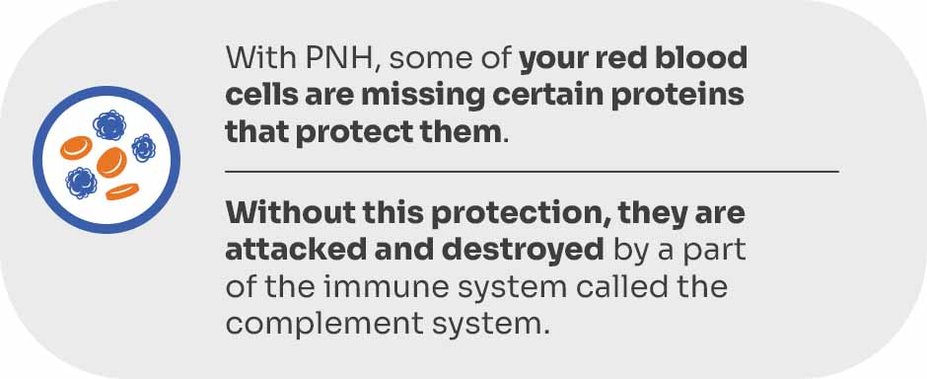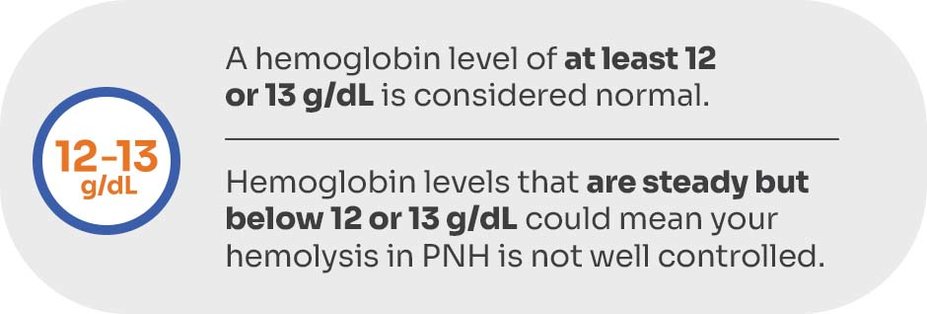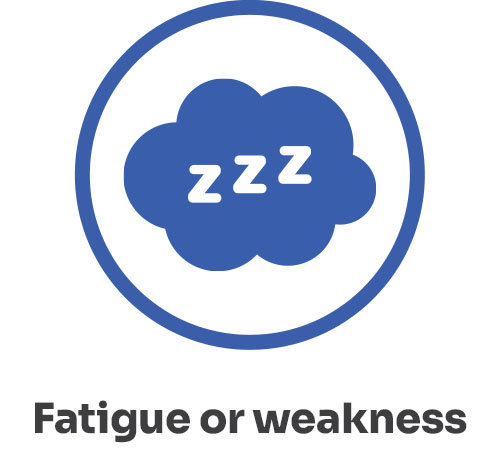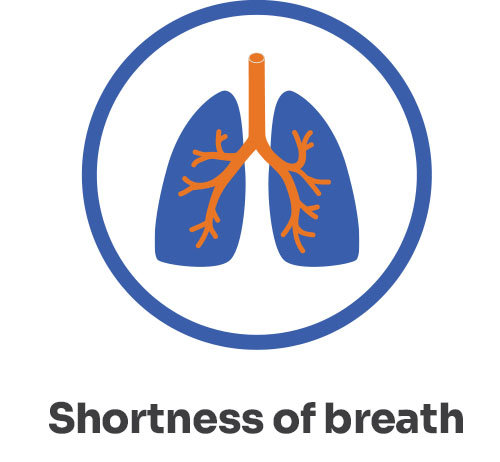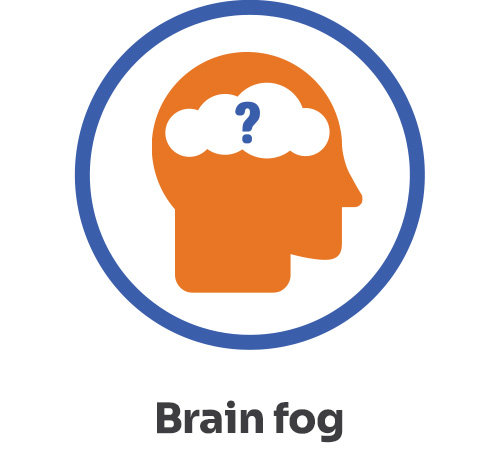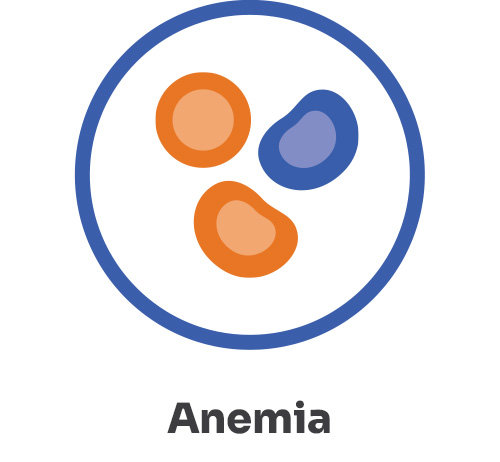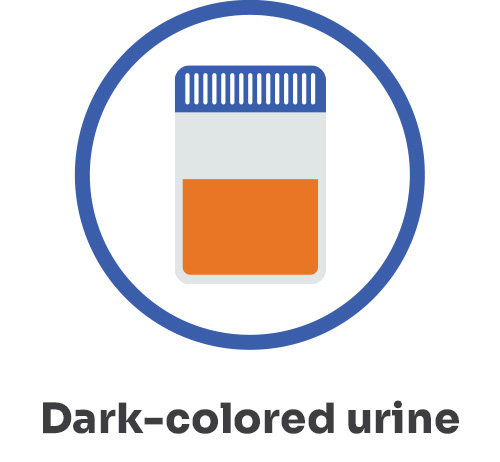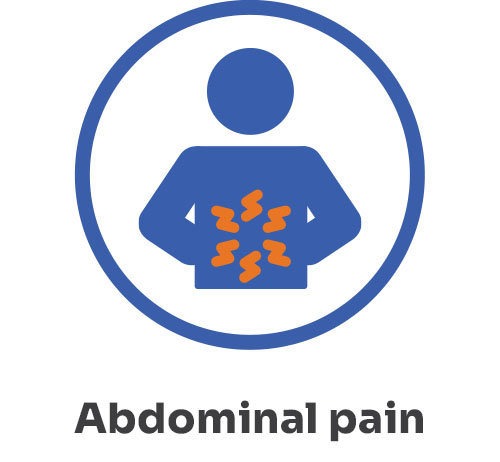
What is PNH?
Paroxysmal nocturnal hemoglobinuria (PNH) is a rare and complex blood disease that involves the destruction of red blood cells and can present as anemia, blood clots, and/or bone marrow failure. PNH can lead to life-threatening complications.
How rare is PNH?
What causes PNH?
In people with PNH, certain red blood cells are destroyed by a part of the immune system called the complement system. This destruction of red blood cells is called hemolysis.
There are 2 types of hemolysis that occur when you have PNH
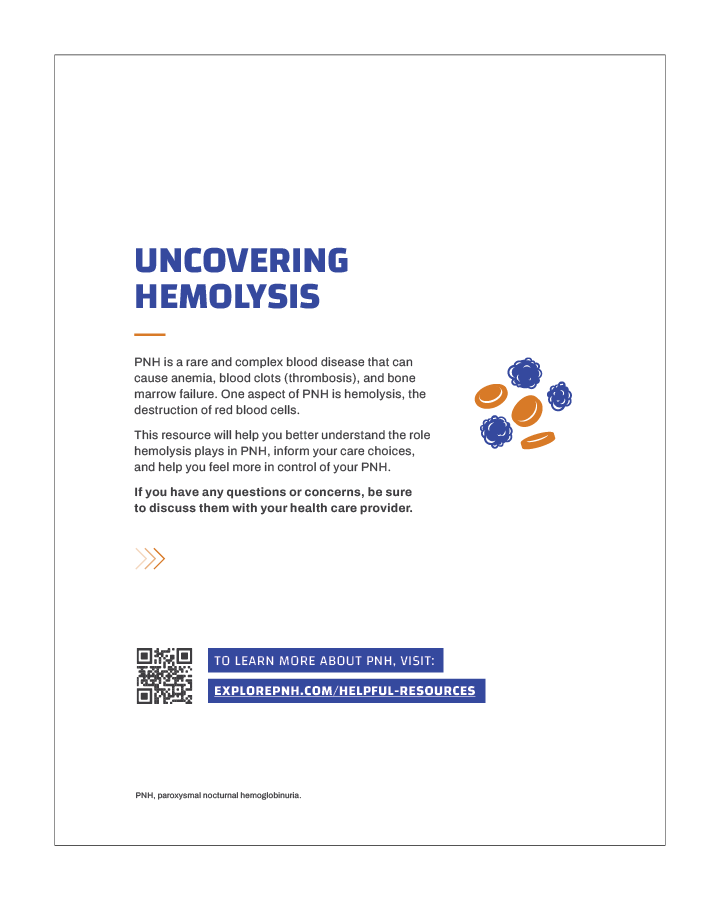
Learn more about hemolysis in PNH
IVH and EVH—two key drivers of PNH—both should be addressed
Hemolysis lowers your hemoglobin level
Hemoglobin (Hb) is the protein in your red blood cells that carries oxygen throughout your body. In PNH, as red blood cells are destroyed, hemoglobin levels go down.
Hemoglobin levels below normal can result in PNH symptoms, like fatigue and shortness of breath
PNH is different for everyone
One person may have mild symptoms, while another could have severe symptoms and require blood transfusions.
Common signs and symptoms of PNH are:
Any symptoms, mild or severe, may be a sign that your PNH isn’t fully controlled. It’s important to let your doctor know how you’re feeling




